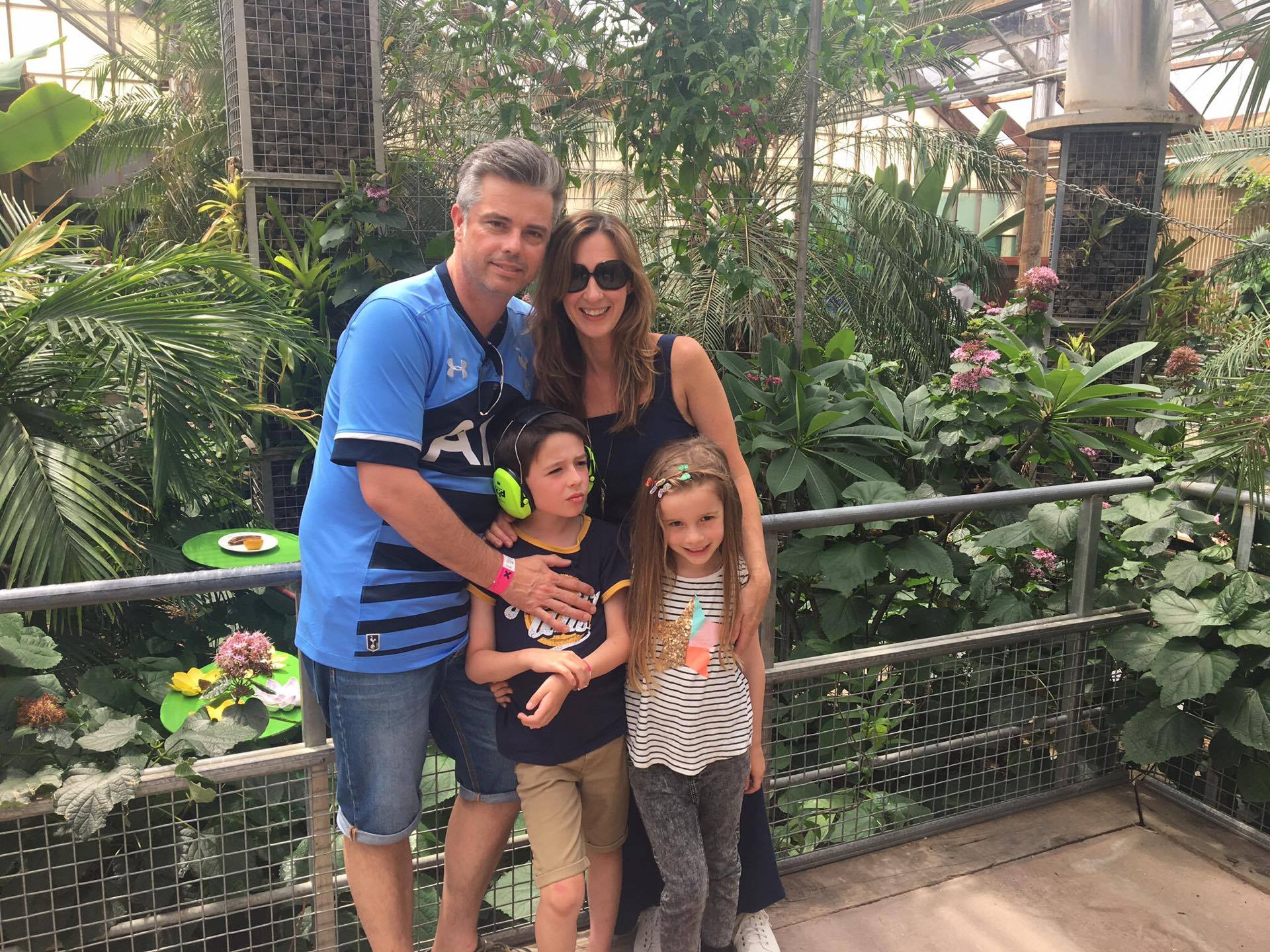Ask nine-year-old Xavier Faughey what his favourite day of the week is and he’ll tell you it’s Wednesday.
Every Wednesday Xavier, who has autism, attends a music therapy session – and while the sessions began five years ago as a way of helping to prepare him for school, Xavier has responded so well to them that his parents have kept them as part of his routine.
The therapy has even given him the confidence to perform in public. The video above shows Xavier singing at a special needs fundraiser at Green Bay School in Auckland last November with his music therapist, Yair Katz. It was his first time singing in public.
Music therapy is a growing industry in New Zealand, with 73 registered therapists working with a huge range of clients from dementia patients to young children with learning difficulties. It’s a form of therapy that essentially gives people a voice, explains Music Therapy New Zealand Chair Linda Webb MNZM, by helping them heal, develolp and grow through working with music.
It was Autism New Zealand that pointed the Faugheys in its direction. “Xavier has always been interested in music – singing to himself or drumming out beats – so we thought this might be a way of reaching him and getting him ready for the classroom,” Xavier’s dad Daniel Faughey explains.
Since starting the therapy Xavier’s progress has been monumental, says Daniel. “His development in being able to take direction and listen has been huge. We see it now at home and we had a meeting recently with his teacher and his ability to listen and follow instruction has improved significantly. We think that’s in part to do with music therapy.”
Xavier has learned that if he can’t find the words to express himself he can find them if he sings them – at the moment that’s usually to the tune of the New Zealand national anthem. He loves to play the piano and sing at home.
“If you observed the [music therapy] classes they would probably appear unstructured,” explains Daniel. “But his therapist Yair works to specific goals each year, and that unstructured element has been really important because kids on the [autism] spectrum really struggle with any kind of pressure.”
Mum Adele Faughey says the way in which Yair is able to connect with Xavier is “incredible”. “It’s on a different level to the way anybody else had been able to before.”
“It’s got to a point where they almost jam together,” she says proudly. “Xavier can feed off Yair and vice versa, and Xavier will listen to Yair and try and play with him rather than taking full control, which is quite a big thing for him.”
Daniel adds, “Yair is the closest thing Xavier has to a mate, because he’s not really interested in people but he certainly looks forward to that.”
Music therapist Yair says, “With music therapy the goals are not musical, you’re using music to work on a client’s development. But in Xavier’s case he has grown musically, we’re working together and his ability to accept me and to collaborate has grown, he’s very playful and joyful. It’s very rewarding.”

Xavier on his ninth birthday with Dad Daniel, Mum Adele and his little sister Maia. Xavier likes to wear his headphones to feel safe.
Xavier was diagnosed with autism at the age of four after his parents noticed that his language wasn’t coming along like other children the same age. Language delay is one of the indicators of autism.
“He hit all his physical milestones, and up until [the age of] 18 months he responded to us and was a pretty typical kid,” says Daniel. “You get a lot of people reassuring you saying ‘you were the same, you didn’t speak until you were two’. There were some wonderful kindy teachers who gently nudged us along to getting things checked out, and that progressed to the diagnosis.”
Xavier is “midway” along the autism spectrum. He is highly sensitive to noise and likes to wear ear muffs whenever he’s in a new or unfamiliar situation. He hates the rain and holds a fascination for the humming sound of fridge/freezers.
“When you’ve met one autistic kid you’ve met one autistic kid. They’re all so different and unique,” Daniel says.
The couple says Autism New Zealand has been a fantastic support over the years.
“Once you’ve had the diagnosis you’ve got to go through those stages of grief, and adjust your expectations. Xavier was going to be an All White and once he’d finished that he was going to be Prime Minister, then a doctor tells you that those things aren’t going to happen,” says Daniel. “But they weren’t his dreams in the first place, they were Dad’s loaded silliness.”
The couple has tapped into occupational therapy, gymnastics and extra tutoring to help Xavier at different times.
“But the music therapy we’ve really followed through with because it’s the way we’ve found to reach our kid,” says Daniel. “It’s been on the money for our little guy.”
This week is Music Therapy Week (1-9 July).
More about music therapy in New Zealand:
There are 73 registered music therapists in New Zealand.
Music therapy can assist with the healing and personal growth of people of all ages and abilities with emotional, intellectual, physical or social needs.
Registered music therapists often work as members of clinical teams, including at early intervention centres, hospitals, schools, prisons and rest homes, in addition to private practice and working in homes.
Music therapy has been practiced in New Zealand for several decades.
Since 2004, a Master of Music Therapy training course has been available in New Zealand (through Massey University and later Victoria University); all registered music therapists in New Zealand have a Masters or equivalent qualification.

